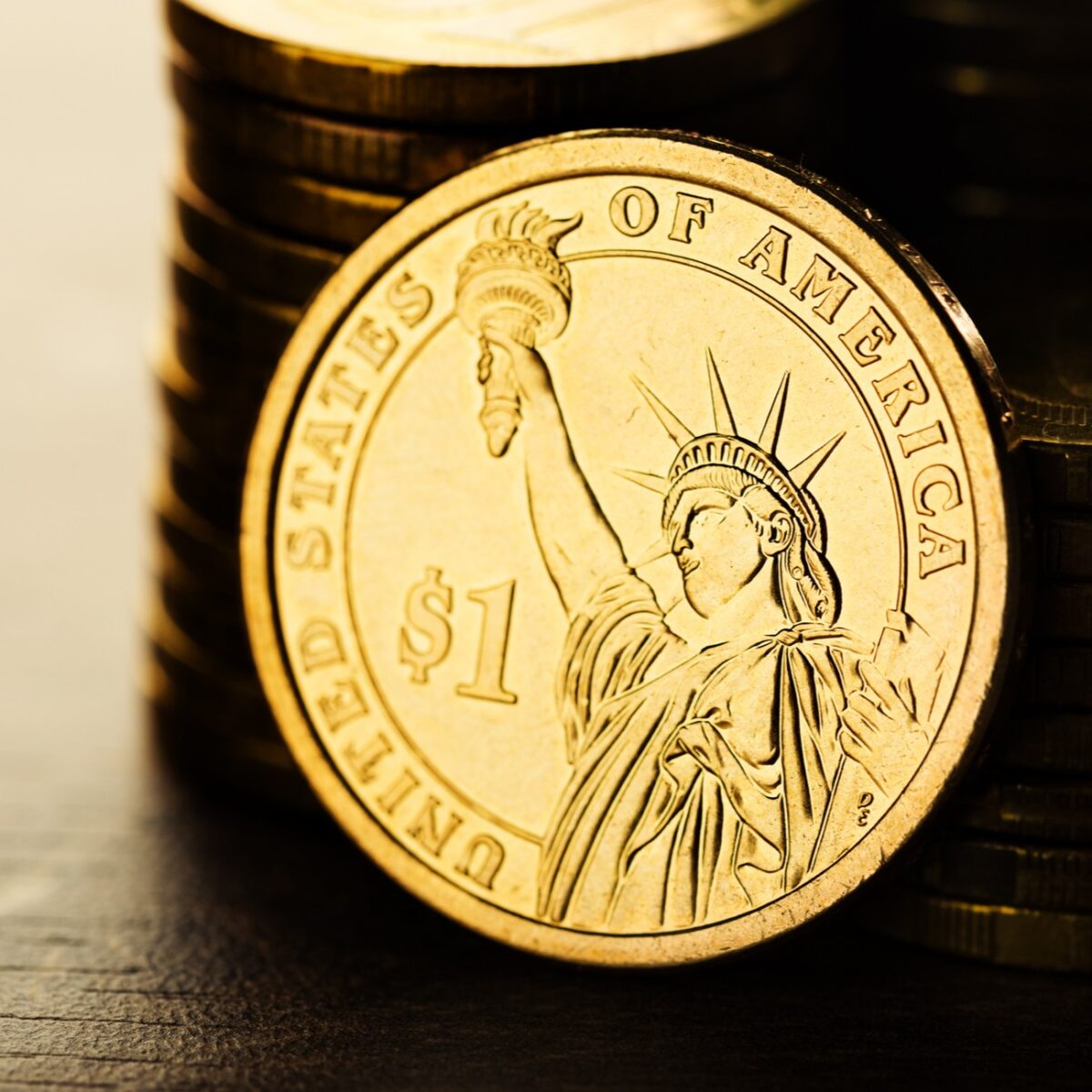PALO ALTO, Calif. (Reuters) - The Federal Reserve is taking a look at a broad variety of issues around digital payments and currencies, including policy, style and legal factors to consider around potentially providing its own digital currency, Guv Lael Brainard stated on Wednesday. Brainard's remarks suggest more openness to the possibility of a Fed-issued digital coin than in the past." By changing payments, digitalization has the prospective to provide higher worth and convenience at lower expense," Brainard said at a conference on payments at the Stanford Graduate School of Organization.
Reserve banks worldwide are discussing how to handle digital finance technology and the distributed journal systems Helpful hints used by bitcoin, which assures near-instantaneous payment at potentially low cost. The Fed is establishing its own round-the-clock real-time payments and settlement service and is presently evaluating 200 remark letters submitted late in 2015 about the proposed service's design and scope, Brainard said.
Less than 2 years ago Brainard told a conference in San Francisco that there is "no engaging showed requirement" for such a coin. However that was prior to the scope of Facebook's digital currency ambitions were extensively understood. Fed authorities, consisting of Brainard, have actually raised issues about consumer defenses and information and privacy threats that might be positioned by a currency that might enter into use by the 3rd of the world's population that have Facebook accounts.
" We are collaborating with other central banks as we advance our understanding of reserve bank digital currencies," she said. With more nations checking out issuing their own digital currencies, Brainard stated, that contributes to "a set of factors to likewise be making certain that we are that frontier of both research and policy development." In the United States, Brainard said, concerns that need research study include whether a digital currency would make the payments system much safer or simpler, and whether it could position monetary stability threats, consisting of the possibility of bank runs if cash can be turned "with a single swipe" into the reserve bank's digital currency.
To counter the financial damage from America's extraordinary national lockdown, the Federal Reserve has taken unmatched steps, consisting of flooding the economy with dollars and investing straight in the economy. Most of these relocations received grudging acceptance even from many Fed skeptics, as they saw this stimulus as required and something just the Fed might do.
My new CEI report, "Government-Run Payment Systems Are Risky at Any Speed: The Case Versus Fedcoin and FedNow," details the dangers of the Fed's existing strategies for its FedNow real-time payment system, and proposals for main bank-issued cryptocurrency that have been called Fedcoin or the "digital dollar." In my report, I discuss concerns about personal privacy, information security, currency manipulation, and crowding out private-sector competitors and innovation.

Advocates of FedNow and Fedcoin state the government must create a system for payments to deposit immediately, instead of motivate such systems in the private sector by raising regulatory barriers. But as noted in the paper, the economic sector is providing a relatively unlimited supply of payment innovations and digital currencies to resolve the problemto the degree it is a problemof the time gap between when a payment is sent and when it is received in a bank account.
And the examples of private-sector development in this area are numerous. The Clearing Home, a bank-held cooperative that has been routing interbank payments in various kinds for more than 150 years, has been clearing real-time payments since 2017. By the end of 2018 it was covering half of the deposit base in the U.S.